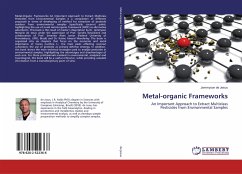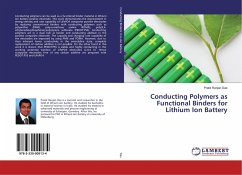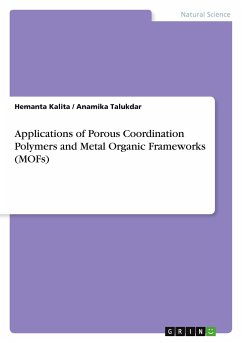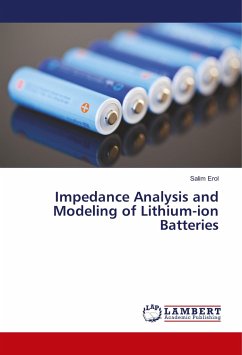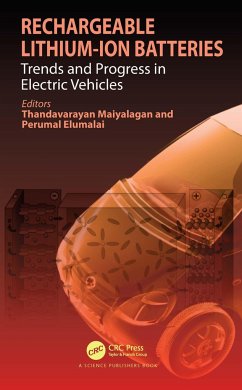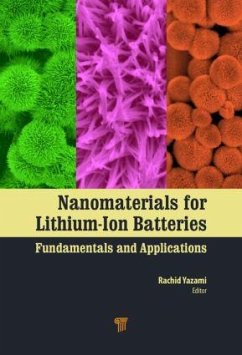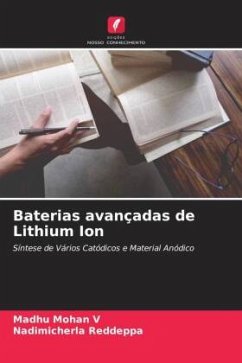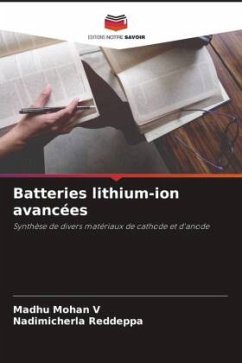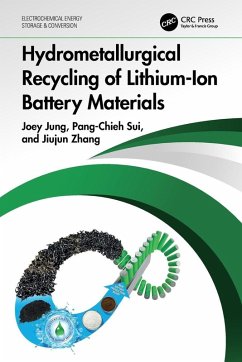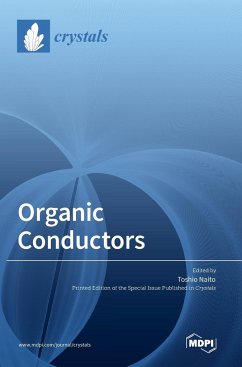
Lithium-Ion Conductors based on MIL-121 Metal Organic Frameworks
A developing Field of Solid State Electrolytes
Versandkostenfrei!
Versandfertig in 6-10 Tagen
24,99 €
inkl. MwSt.

PAYBACK Punkte
12 °P sammeln!
This work was aimed to investigate a new type of solid state lithium (Li) ion conductor as electrolyte for all solid-state Li-ion batteries. A metal organic framework (MOF) MIL-121 was modified in two different ways in order to become Li-ion conductive. The post synthetic modifications (PSM) were lithiation with lithium acetate (LiAc) and lithium hydroxide (LiOH) as well as esterification of the carboxylic groups of MIL-121 with methanol (MeOH), ethanol (EtOH) and isopropanol. After PSM the porous samples were soaked with different liquids like common liquid electrolytes, which leads to a decr...
This work was aimed to investigate a new type of solid state lithium (Li) ion conductor as electrolyte for all solid-state Li-ion batteries. A metal organic framework (MOF) MIL-121 was modified in two different ways in order to become Li-ion conductive. The post synthetic modifications (PSM) were lithiation with lithium acetate (LiAc) and lithium hydroxide (LiOH) as well as esterification of the carboxylic groups of MIL-121 with methanol (MeOH), ethanol (EtOH) and isopropanol. After PSM the porous samples were soaked with different liquids like common liquid electrolytes, which leads to a decreased activation energy of Li-ion jumps in the crystal lattice meaning an increased Li-ion conductivity of the material. Esterified MIL-121 was soaked with ionic liquids containing lithium bis(trifluoromethane)sulfonimide (LiTFSI), because the introduction of Li-ions to the structure was necessary.



